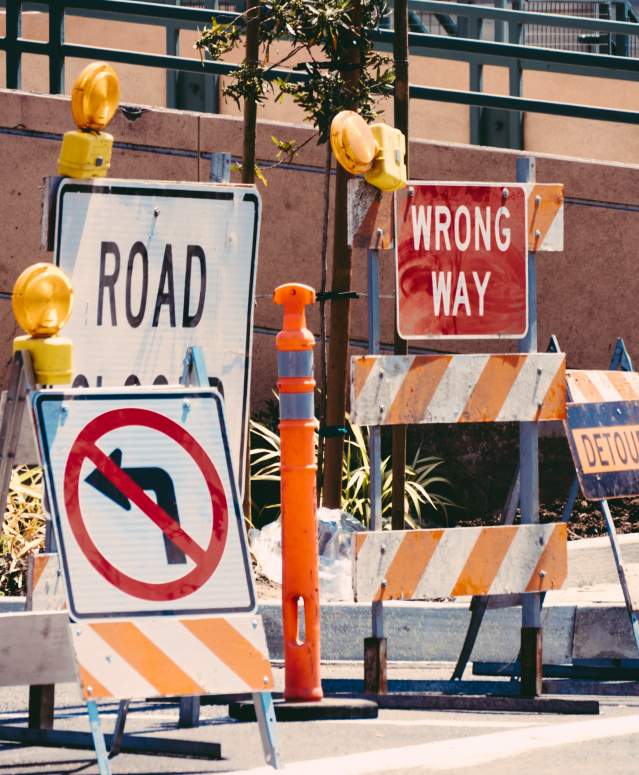Traffic Management
Traffic management planning is essential to minimise the disruption to users of public roads and ensure the safety of event participants, spectators, volunteers, and staff.
Events held in public places may require the implementation of traffic management plans and road closures, in the interest of public safety. Local councils are responsible for determining requirements in these situations and adopting the appropriate legal framework in which they should be enacted.
Temporary traffic management plan applications are processed through NZ Transport Agency Waka Kotahi, which will formalise the arrangements and record the details of the control measures you will have in place.
Application process timeframes vary for different control measures due to the requirements around:
- public notification
- location and classification of the roads involved
- length of time the control measures will be in place
- if other permits or licensing are also required.
Tips:
Traffic management planning
- Any event activities that alter the normal operating conditions of a roadway require temporary traffic management measures to be implemented.
- If your event does not require direct use of the roadway, the impacts from attendee foot traffic, increased parking requirements or other factors may still require some form of traffic management to be put in place.
- Refer to the New Zealand guide to temporary traffic management (NZGTTM) for advice on how to handle traffic management at your event.
- If your event’s traffic management measures do not require the direction of traffic with signage and cones, you can manage the risks through your event safety plan, with consideration made to various factors as shown in the NZTA guidelines.
- If the use of signs, cones and other traffic management assets is necessary, you will require a traffic management plan (TMP) to be created by a certified site traffic management supervisor (STMS). Examples of events that may require a TMP include:
- races or large fun runs, walks or rides
- parades
- off-road activity affecting the road (e.g. concerts, festivals, large markets)
- street fairs.
Road closures
- To apply for a road closure for an event, you must make a formal request in writing to the relevant local council, which will then consider various factors and determine the best approach for processing the request.
- A road closure request should include:
- event details including your event name, date(s), times, and location
- specific locations of the requested road closure points
- specific timings of the requested closure and reopening of the road
- reasons for the requirement of a road closure
- details of who is hosting the event, and any relevant partnering organisations
- a brief event overview, including your event’s purpose, activities, estimated attendance, vendors, contractors, health and safety, and waste management plans
- an indication of whether alcohol will be involved and any licensing that will be applied for in conjunction with the road closure request
- details of who will be creating and implementing the traffic management plan for the event and road closure (this must be a certified STMS)
- communication plan for affected parties (e.g. a notification letter of proposed road closure to the occupants of any residences, businesses, carparks etc that may be affected)
- contact details for the primary contact person for the road closure request.
- Depending on the legal framework through which the local council processes the road closure request, it may need to be publicly notified in local newspapers (at the cost of the applicant), with requests for feedback or submissions invited as part of the process
- If there are any submissions opposing a road closure request, the council will not be able to confirm whether the request has been officially accepted or declined until the process has been completed. For this reason, it is very important to lodge road closure requests at the earliest opportunity.
Signage and notification
- An important part of traffic management planning is notifying road users of the measures that will be implemented. This should be done in advance to allow for regular users to make alternative arrangements, as well as during the implementation of the traffic management measures to ensure the safety of road users and other parties while the normal operating conditions of the roadway are in an altered state.
- Signage is a key element of notification and guidance, both beforehand and during the implementation of traffic management measures. This signage should fit standard design specifications and be implemented by the STMS as part of the wider TMP.
- Notification letters to affected parties should be distributed as early as possible, to ensure any essential considerations can be built into the TMP.
Emergency access
- Emergency services must be able to access any part of a roadway in the case of an emergency. This is an important consideration when planning the layout of any road closure points, event assets such as stages or gazebos and other elements that could impede this access.
Monitoring and evaluation
- During traffic management implementation, monitoring and necessary adjustments should occur to ensure that objectives are being met and the safety of all parties is maintained.
- After the TMP has been implemented, a debrief should occur between the event organiser and the STMS. The outcomes of this debrief should be recorded including any traffic safety issues to be rectified and should guide the use of the TMP in future iterations.
Useful Links:
- NZTA – Guidelines for temporary traffic management at events
- Home | Waka Kotahi NZ Transport Agency (nzta.govt.nz)
- https://www.nzta.govt.nz/roads-and-rail/code-of-practice-for-temporary-traffic-management/
Have you considered?
- How will your event affect the normal operating conditions of the surrounding roads?
- Have you allowed enough time for public notification of your road closure request?
- Who will be your Traffic Management contractor?

